01 - Pakistan Russia Relation and its Effect on Regional Politics (1991-2008)...
http://dx.doi.org/10.31703/gpr.2020(V-III).0110.31703/gpr.2020(V-III).01 Published : Sep 2020
-
Numerous ups and down has been observed in the relations between Pakistan and Russia. Their history is full of having virtuous associations as well as bitter memories among themselves. Russia is economically developed and a strong resource country, while Pakistan is still struggling hard to cover the success staircase. However, upright associations between Russia and Pakistan can open a window of ... Details
-
Foreign Policy, Military, Pakistan Russia Relation, Regional Politics, Socio-Economic
-
(1) Tohid Anwar
PhD Scholar, Department of Pakistan Studies, Islamia University Bahawalpur, Punjab, Pakistan.
(2) Aftab Hussain Gillani
Professor (Chairman), Department of Pakistan Studies, Islamia University Bahawalpur, Punjab, Pakistan.
(3) Muhammad Wasim Abbas
PhD Scholar, Department of Pakistan Studies, Islamia University Bahawalpur, Punjab, Pakistan.
02 - Separation of Powers and System of Checks and Balances: A Debate on the Function...
http://dx.doi.org/10.31703/gpr.2020(V-III).0210.31703/gpr.2020(V-III).02 Published : Sep 2020
-
Modern-day democracies are constructed on the constitutional mechanism of separation of powers introduced in the U.S. Constitution where Pakistan stands with no exception. With qualitative research methodology, this paper aims to investigate the following issues: origin and evolution of the concept of separation of powers with reference to formalist and functionalist theories, application of tripa... Details
-
Formalist and Functionalist Theories, Jurisdiction, Limitations, Restraints, Separation of Powers.
-
(1) Bakht Munir
Lecturer: Institute of Languages and Linguistics, University of the Punjab, Lahore, Punjab, Pakistan.
(2) Zaheer Iqbal Cheema
Assistant Professor, Department of Law, University Law College, University of the Punjab, Lahore, Punjab, Pakistan.
(3) Jawwad Riaz
Assistant Professor, Department of Law, University Law College, University of the Punjab, Lahore, Punjab, Pakistan.
03 - United States Foreign Policy Towards South Asia; Analyzing Implications for Paki...
http://dx.doi.org/10.31703/gpr.2020(V-III).0310.31703/gpr.2020(V-III).03 Published : Sep 2020
-
The US foreign policy for South Asia has generally remained zero-sum for India and Pakistan. While Pakistan joined US camp immediately after independence and during the period of cold war remained part of the US alliance system and frontline state in the defeat of communism and now War on Terrorism. On the contrary, the US adopted a different approach towards India in terms of strategic partnershi... Details
-
Foreign Policy, South Asia, Power Politics, National Interests
-
(1) Waseem Ishaque
Assistant Professor, Department of International Relations, National University of Modern Languages (NUML), Islamabad, Pakistan.
(2) Aman Ullah
Ministry of Interior, Government of Pakistan, Islamabad, Pakistan.
(3) Fazal Noman
Ministry of Defence, Government of Pakistan, Islamabad, Pakistan.
04 - Usage of Social Media by Leading Political Parties in General Election 2018 of P...
http://dx.doi.org/10.31703/gpr.2020(V-III).0410.31703/gpr.2020(V-III).04 Published : Sep 2020
-
Social Networking sites are highly used for political proposes. In this study, the research tried to search the usage of social media by political parties during elections campaigns 2018 in Pakistan. The researcher applied the agenda-setting theory to link the social media posts of these political parties' pages and content analysis research technique for analyzing the variables. It was concluded ... Details
-
Political Parties, Facebook, Tweeter, YouTube, Instagram, Social Networking Sites.
-
(1) Ashraf Iqbal
Incharge / Assistant Professor, Department of Mass Communication, GC University, Faisalabad, Punjab, Pakistan.
(2) Kishwer Perveen
MPhil Scholar, Department of Mass Communication, GC University, Faisalabad, Punjab, Pakistan.
(3) Saima Waheed
Lecturer, School of Media and Communication Studies, University of Management and Technology, Lahore, Punjab, Pakistan.
05 - Exploring Identities and Ideologies in Political Parties' Election Manifestos: A...
http://dx.doi.org/10.31703/gpr.2020(V-III).0510.31703/gpr.2020(V-III).05 Published : Sep 2020
-
The goal of this study is to use corpus-based methods for the critical discourse analysis of election manifestos. Five election manifestos from five political parties of Pakistan namely PPP, PMLN, PTI, JUI, and JI were used in the corpus compilation. These five Pakistani political parties are selected based on the popularity of these political parties in Pakistan. The election manifestos of the po... Details
-
Election Manifestos, Political Parties, Corpus-Based, Pakistan
-
(1) Arshad Ali
Assistant Professor, Department of English, National University of Modern Languages, Islamabad, Pakistan.
(2) Athar Rashid
Assistant Professor, Department of Governance & Public Policy, National University of Modern Languages, Islamabad, Pakistan.
(3) Ameer Sultan
Lecturer, Department of English, International Islamic University, Islamabad, Pakistan.
06 - News Media Use and Political Attitudes of the University Students of Pakistan...
http://dx.doi.org/10.31703/gpr.2020(V-III).0610.31703/gpr.2020(V-III).06 Published : Sep 2020
-
This study examines the relationship between university students' news media use and the perception of politics and their attitude towards political involvement. Data was gathered from an online survey from 300 students enrolled in various universities in Lahore. The survey of the university students revealed that students tend to receive their political news and information passively from Faceboo... Details
-
Media Use, Online Media Attention, Traditional Media Attention, Democratic Attitudes, Political Engagement, Political Perception, University Students
-
(1) Irem Sultana
Assistant Professor, Department of Mass Communication, Government College University, Faisalabad, Punjab, Pakistan.
(2) Ifra Iftikhar
Associate Professor, Lahore Garrison University, Lahore, Punjab, Pakistan.
(3) Farrukh Shahbaz Warraich
Superior University, Lahore, Punjab, Pakistan.
07 - American Conduct towards North Korea: Realist Analysis of Clinton and Bush Admin...
http://dx.doi.org/10.31703/gpr.2020(V-III).0710.31703/gpr.2020(V-III).07 Published : Sep 2020
-
North Korea tends to be a state of the 21st century that redefines realism in the contemporary era while concentrating on protecting its sovereignty by making self-help the primary concern. US-North Korea bilateral relations face fluctuations. North Korean intentions have progressed from the Realism thought, now willing to attain security maximization along with maximizing its power based on the n... Details
-
US, North Korea, Northeast Asia, Realism, Security, Denuclearize, Negotiation
-
(1) Muhammad Umer Hayat
Senior Assistant Professor, Department of Humanities and Social Sciences, Bahria University, Islamabad, Pakistan.
(2) Asefa Khilji
MS Scholar, Department of International Relations, Bahria University, Islamabad, Pakistan.
(3) Farrukh Shehzad
Assistant Professor, Department of Media Studies, Bahria University, Islamabad, Pakistan.
08 - Social Media and Strategic Communication: Uses and Preferences of the Politician...
http://dx.doi.org/10.31703/gpr.2020(V-III).0810.31703/gpr.2020(V-III).08 Published : Sep 2020
-
Social media has got a major share in our personal as well as professional communication because of its easy accessibility and highly interactive nature. Facebook and Twitter can be used as important tool to mobilize groups to take some action (Shirky, 2008, p. 184). It has been observed that political leaders in Pakistan use social media to connect with the audience, but no research has been cond... Details
-
Politicians, Facebook, Twitter, Pakistan, Strategic Communication
-
(1) Savera Shami
Associate Professor, Institute of Communication Studies, University of the Punjab, Lahore, Punjab, Pakistan.
(2) Shazia Ismail Toor
Assistant Professor, Institute of Communication Studies, University of the Punjab, Lahore, Punjab, Pakistan.
(3) Ayesha Ashfaq
Associate Professor, Institute of Communication Studies, University of the Punjab, Lahore, Punjab, Pakistan.
09 - Comparative Analysis of the Portrayal of PPPP, PML (N) and PTI in Pakistani Prin...
http://dx.doi.org/10.31703/gpr.2020(V-III).0910.31703/gpr.2020(V-III).09 Published : Sep 2020
-
Media influence on politics has always been a debatable subject due to its immense potential. Media is regarded as the fourth estate of the nation, and the role of traditional media in the political arena is indispensable. The agenda-setting by newspapers plays a pivotal part in forming the image of a political party. This study is an exertion to examine the leading English and Urdu newspapers (Da... Details
-
Newspaper, Political, Pakistan, Media, Agenda, PPPP, PML-N, PTI
-
(1) Shazia Ismail Toor
Assistant Professor, Institute of Communication Studies, University of the Punjab, Lahore, Punjab, Pakistan.
10 - A Semantic Analysis of the Political Slogans of Pakistan Tehreek-Insaf and Pakis...
http://dx.doi.org/10.31703/gpr.2020(V-III).1010.31703/gpr.2020(V-III).10 Published : Sep 2020
-
The use of language persuasively and diplomatically in the form of catchy and attractive political slogans plays a significant role in the politics of democratic states. This study analyzes the political slogans chanted by Pakistan Tehreek-i-Insaf (PTI) and Pakistan Muslim League-Noon (PML-N) during the 2018 election campaign with the purpose to analyze Pakistan's political slogans from a semantic... Details
-
Persuasive Language, Political Slogans, Semantics, Leech theory of meaning
-
(1) Aiman Gul Akram
M.Phil. Scholar, Department of English, Abdul Wali Khan University Mardan, KP, Pakistan.
(2) Liaqat Iqbal
Assistant Professor, Department of English, Abdul Wali Khan University Mardan, Mardan, KP, Pakistan.
11 - The Concept of Pluralism in the Light of Athar-e-Sahabah (R.A)...
http://dx.doi.org/10.31703/gpr.2020(V-III).1110.31703/gpr.2020(V-III).11 Published : Sep 2020
-
Pluralism allows the other people to live and practice their beliefs, religions in a same society. This paper explains the behavior of venerable companions of Holy Prophet (PBUH) regarding others who have religion other than Islam. Companions of the Holy Prophet (PBUH) always treated the followers of the other religions with affection, kindness and compassion. The conduct of Venerable Companions w... Details
-
Pluralism, Venerable Companions, Religions, Kindness
-
(1) Moazzam Ali
Lecturer, Department of Islamic Studies, Government Degree College of Special Education Bahawalpur, Punjab, Pakistan.
(2) Aziza Madnia Saeedi
Assistant Professor, Department of Islamic Studies, Government Degree College of Special Education Bahawalpur, Punjab, Pakistan.
(3) Imran Ali
Visiting Lecturer, Department of Islamic Studies, Government Degree College of Special Education Bahawalpur, Punjab, Pakistan.
12 - Growth of Religious Extremism in Pakistan: Implications for State and Society (1...
http://dx.doi.org/10.31703/gpr.2020(V-III).1210.31703/gpr.2020(V-III).12 Published : Sep 2020
-
This paper investigates the major trends and developments that are considered responsible for the rise of religious militancy in Pakistan. It also analyzes the impacts of this phenomenon. The research focuses on investigating the causes of its expansion and intensity in the recent past and how it has affected the society and state because religious extremism and religiously motivated violence has ... Details
-
Extremism, Violence, Terrorism, Minorities, Foreign Relations, Human Rights
-
(1) Saiqa Hanif
Associate Lecturer, Department of Political Science & IR, University of Gujrat, Punjab, Pakistan.
(2) Sultan Mubariz Khan
Assistant Professor, Department of Political Science & IR, University of Gujrat, Punjab, Pakistan.
(3) Shafqat Rasool
PhD Scholar, Department of Political Science & IR, University of Gujrat, Punjab, Pakistan.
13 - China's Growing Influence in Afghanistan and its Impacts on Pakistan in the Post...
http://dx.doi.org/10.31703/gpr.2020(V-III).1310.31703/gpr.2020(V-III).13 Published : Sep 2020
-
This research paper examines China's growing influence in Afghanistan (post-2014) in the context of the Chinese government's overall approach to Afghan peace and stability. China growing influence in Afghanistan can be seen in three dynamics which are security, economic, and geostrategic, and its impacts on Pakistan have also been explored. This study is based on a mixed research approach means Qu... Details
-
Afghan Peace, Geo-strategic, Diplomacy, Terrorism, Extremism
-
(1) Sabira Iqbal
M.Phil. Scholar, Department of Pakistan Studies, NUML, Islamabad, Pakistan.
(2) Saqib Ullah Khan
Ph.D. Scholar, Pakistan Study Centre, University of Peshawar, Peshawar, KP, Pakistan.
(3) Atta Ullah Jan
Ph.D. Scholar, Pakistan Study Centre, University of Peshawar, Peshawar, KP, Pakistan.
14 - Public Perception regarding Weak Organizational Structure of Political Parties i...
http://dx.doi.org/10.31703/gpr.2020(V-III).1410.31703/gpr.2020(V-III).14 Published : Sep 2020
-
The weak political organization of nearly all political parties is another contributing factor in political instability. No democratic culture prevails inside all political parties; all political parties, with the exception of very few, has been ruling by one family, and mostly are dominated by one family or person; their party of the election has been mostly blamed as selection and not an electio... Details
-
Public Perception, Organizational Structure, Political Parties, Pakistan, Politics
-
(1) Syed Ali Shah
Assistant Professor, Department of Pakistan Studies, Abdul Wali Khan University Mardan, KP, Pakistan.
(2) Naushad Khan
Professor, Department of Pakistan Studies, Islamia College Peshawar, Peshawar, KP, Pakistan.
15 - The Expansion of Shanghai Cooperation Organization: How can it Improve India-Pak...
http://dx.doi.org/10.31703/gpr.2020(V-III).1510.31703/gpr.2020(V-III).15 Published : Sep 2020
-
South Asia is one and only of the tiniest unified region in the world, with a consistent competition among India and Pakistan acting as a tentative wedge to regional cooperation through the SAARC. Nevertheless, India and Pakistan join the multilateral agreement; then both became permanent members of the Shanghai Cooperation Organization in 2017. Although, it is very initial to envisage that the ri... Details
-
Indo-Pak Relations, Kashmir Conflict, Regional Organization, CPEC, SCO, Regional Integration, Conflict Management
-
(1) Zab-Un-Nisa
Assistant Professor, Department of Political Science, Government Graduate College Samanabad, Faisalabad, Punjab, Pakistan.
(2) Gul-e-Zahra
PhD Scholar, Department of Political Science & International Relations, Government College University, Faisalabad, Punjab, Pakistan.
(3) Syed Waqas Ali Bokhari
MPhil International Relations, Department of Political Science & International Relations, Government College University, Faisalabad, Punjab, Pakistan.
16 - China Pakistan Economic Corridor (CPEC): Its Implication for Pakistan...
http://dx.doi.org/10.31703/gpr.2020(V-III).1610.31703/gpr.2020(V-III).16 Published : Sep 2020
-
China-Pakistan Economic Corridor is a recently signed pact between Pakistan and China. This article explains the CPEC project and implications of this trade and economic corridor, particularly for Pakistan. China and Pakistan consider this project a win-win situation not only for both countries but for enhancement towards the economic and trade potential of the whole region. This article also disc... Details
-
BRI, CPEC, FDI, SEZs, Energy, Infrastructure, Regional Connectivity
-
(1) Sabahat Jaleel
Lecturer, University of Engineering and Technology, Taxila, Punjab, Pakistan.
(2) Shabnam Gul
Assistant Professor, Department of Political Science, Lahore College for Women University, Lahore, Punjab, Pakistan.
(3) Muhammad Faizan Asghar
MPhil, Department of Peace & Counter Terrorism Studies, Minhaj University Lahore, Punjab, Pakistan.
17 - Tracing China's contemporary interest in post-9/11 Afghanistan...
http://dx.doi.org/10.31703/gpr.2020(V-III).1710.31703/gpr.2020(V-III).17 Published : Sep 2020
-
This article aims at examining China's contemporary interests in post-9/11 Afghanistan. China's diplomatic engagement started in post-Taliban Afghanistan, yet it did not take any part in the US military campaign. Sine the US-Taliban engagement for peace talks, Beijing has been playing an active role and hosted a number of Taliban delegations for the peace process. The article argues the security t... Details
-
China, Afghanistan, Contemporary Interests, Stability, Peace Process, Security
-
(1) Zafar Iqbal Yousafzai
Senior Research Associate, Strategic Vision Institute, Islamabad, Pakistan.
(2) Inamullah Jan
Lecturer, Department of Politics and International Relations, International Islamic University, Islamabad, Pakistan.
(3) Nasreen Akhtar
Assistant Professor, Department of Politics and IR, International Islamic University, Islamabad, Pakistan.
18 - Sub-Nationalism and the Case for Intrastate Re-Demarcation in South Asia...
http://dx.doi.org/10.31703/gpr.2020(V-III).1810.31703/gpr.2020(V-III).18 Published : Sep 2020
-
The demographic make-up of South Asia has helped reinforce ethnic politics in each country in the region. South Asia is a diverse and vibrant region ethically, culturally, lingual and religiously. The diversity has its own downside in the region as it has been a constant source of tension and strife as well. Sub-nationalism largely revolves around ethnicity, and all-important policy decisions main... Details
-
Sub-Nationalism, Politics of Identity, Ethnic Fault Line, Re-Demarcation, EthnoNationalism, Re-Organization, Ethnic Group, New Provinces, Multi-Culturalism
-
(1) Azhar Mahmood Abbasi
Lecturer, Department of Pakistan Studies, National University of Modern Languages, Islamabad, Pakistan.
(2) Muhammad Shoaib Malik
Assistant Professor, Department of Pakistan Studies, National University of Modern Languages, Islamabad, Pakistan.
(3) Asifa Zafar
Lecturer, Department of Pakistan Studies, National University of Modern Languages, Islamabad, Pakistan.
19 - British Colonial Era Architectural History of Abbottabad and its Tourism Prospec...
http://dx.doi.org/10.31703/gpr.2020(V-III).1910.31703/gpr.2020(V-III).19 Published : Sep 2020
-
This research focuses on exploring the existing valuable yet neglected heritage trail of Abbottabad. The primary objective of the research is to prepare a conservation strategy for the selected heritage trail in the city after profound study culminating in the detailed documentation of architecturally rich and valuable heritage buildings of the city. One of the important focuses of the conservatio... Details
-
British Colonial Era, Architectural History, Abbottabad, Tourism
-
(1) Hamid Zulfiqar
MPhil Scholar, Department of Conservation Studies, Hazara University, Mansehra, KP, Pakistan.
(2) Adnan Anwar
Assistant Professor, Department of Architecture, Hazara University, Mansehra, KP, Pakistan.
(3) Shahid Mansoor Khan
Assistant Professor, Department of Architecture, University of Engineering and Technology, Abbottabad Campus, KP, Pakistan.
20 - The Role of the Supreme Court of Pakistan and Constitutional Parameters of Judi...
http://dx.doi.org/10.31703/gpr.2020(V-III).2010.31703/gpr.2020(V-III).20 Published : Sep 2020
-
Article 184(3) has been utilized in the cases of judicial activism. Since the 1980s it has been utilized quite enormously. Constitution has demarcated the powers of each organ, for better democracy a strong judiciary is imminent. Since the Lawyer movement things have drastically changed. The Chief justice's role is quite peculiar in the federal judiciary of Pakistan. Iftikar Muhammad Chaudhry and ... Details
-
Judicial Activism, Constitutionalism, The Supremacy of the Judiciary
-
(1) Azmat Ali Shah
Department of Political Science, Gomal University, Dera Ismail Khan, KP, Pakistan.
(2) Muhammad Siraj Khan
Nawab Allah Nawaz Khan Law College, Gomal University, Dera Ismail Khan, KP, Pakistan.
(3) Naghma Farid
Nawab Allah Nawaz Khan Law College, Gomal University, Dera Ismail Khan, KP, Pakistan.

 Volume XI, Issue I (Winter 2026)
Volume XI, Issue I (Winter 2026)  Volume X, Issue IV (Fall 2025)
Volume X, Issue IV (Fall 2025) 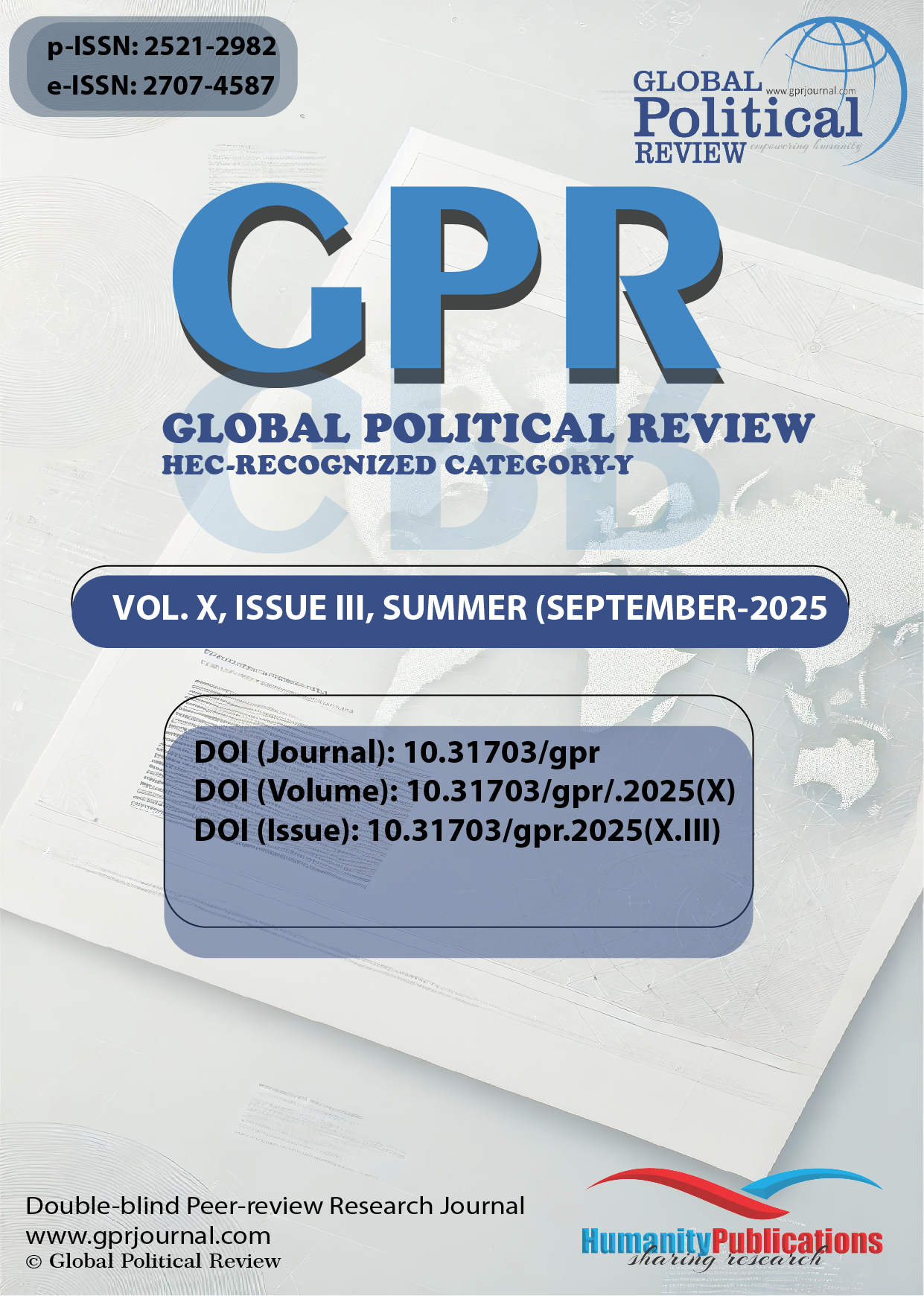 Volume X, Issue III (Summer 2025)
Volume X, Issue III (Summer 2025) 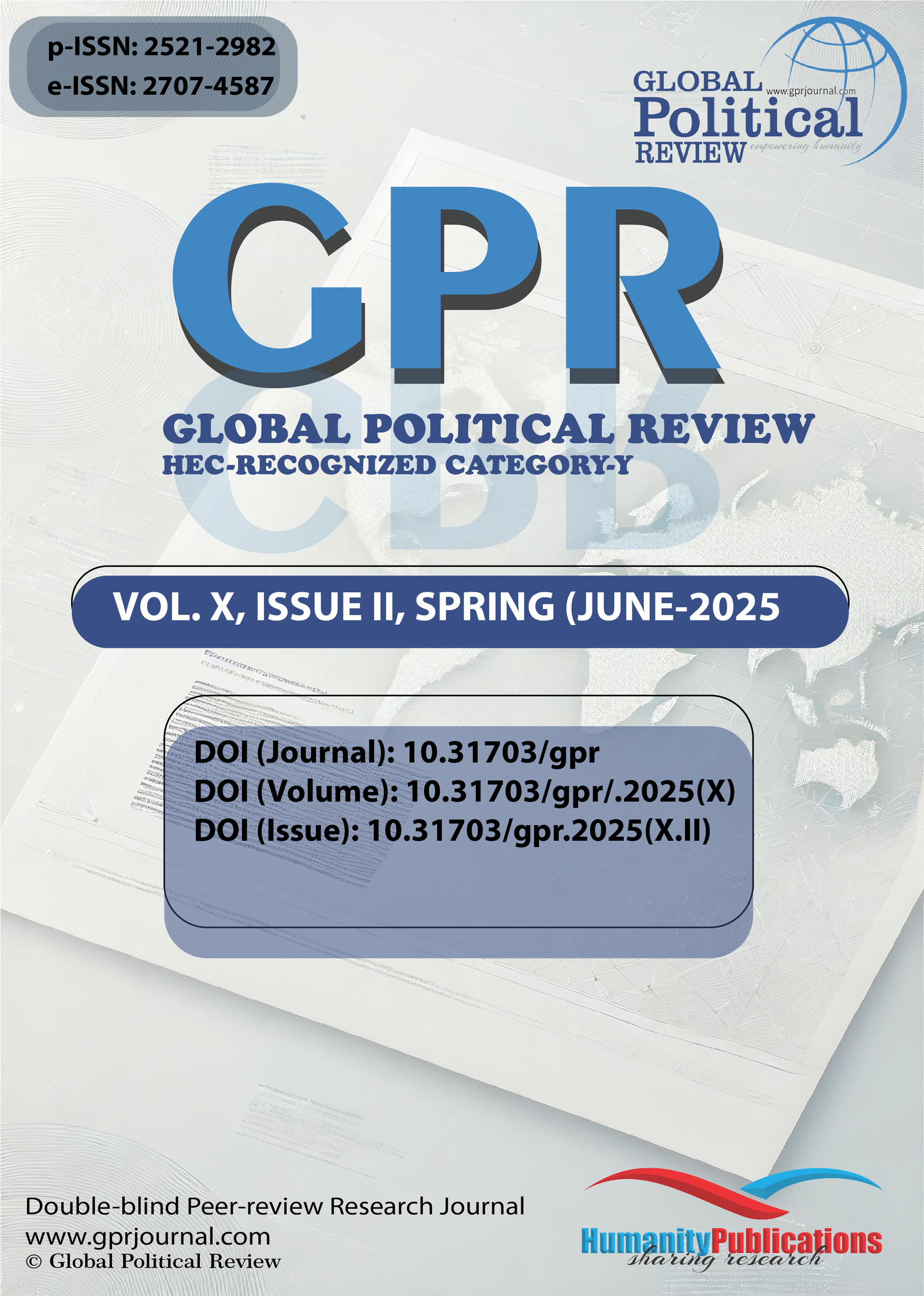 Volume X, Issue II (Spring 2025)
Volume X, Issue II (Spring 2025)  Volume X, Issue I (Winter 2025)
Volume X, Issue I (Winter 2025)  Volume IX, Issue IV (Fall 2024)
Volume IX, Issue IV (Fall 2024)  Volume IX, Issue III (Summer 2024)
Volume IX, Issue III (Summer 2024)  Volume IX, Issue II (Spring 2024)
Volume IX, Issue II (Spring 2024)  Volume IX, Issue I (Winter 2024)
Volume IX, Issue I (Winter 2024) 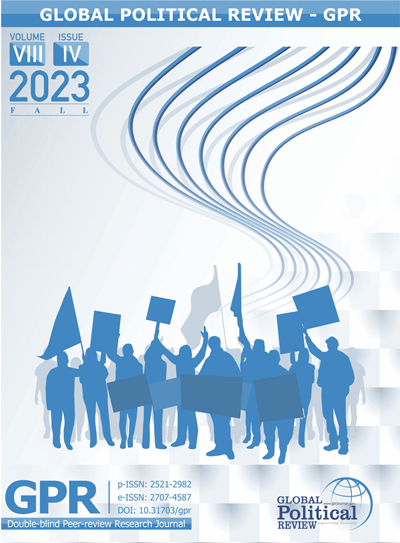 Volume VIII, Issue IV (Fall 2023)
Volume VIII, Issue IV (Fall 2023)  Volume VIII, Issue III (Summer 2023)
Volume VIII, Issue III (Summer 2023)  Volume VIII, Issue II (Spring 2023)
Volume VIII, Issue II (Spring 2023) 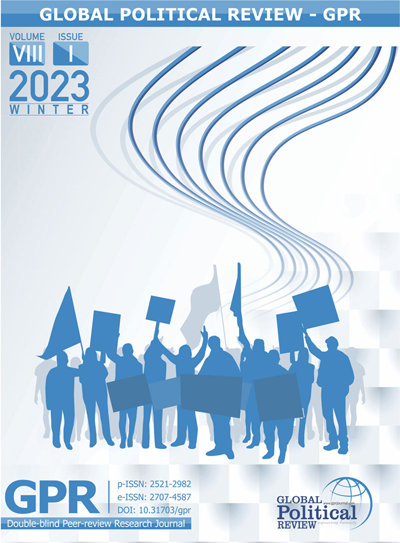 Volume VIII, Issue I (Winter 2023)
Volume VIII, Issue I (Winter 2023) 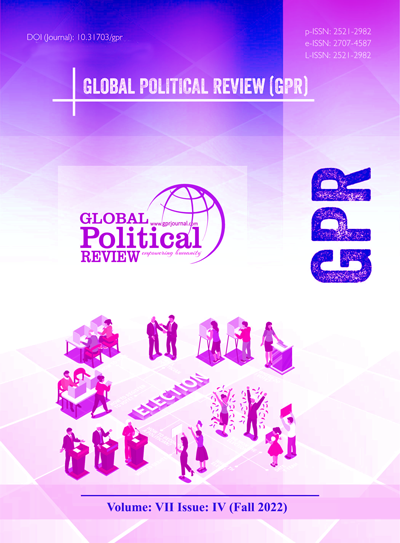 Volume VII, Issue IV (Fall 2022)
Volume VII, Issue IV (Fall 2022)  Volume VII, Issue III (Summer 2022)
Volume VII, Issue III (Summer 2022)  Volume VII, Issue II (Spring 2022)
Volume VII, Issue II (Spring 2022)  Volume VII, Issue I (Winter 2022)
Volume VII, Issue I (Winter 2022) 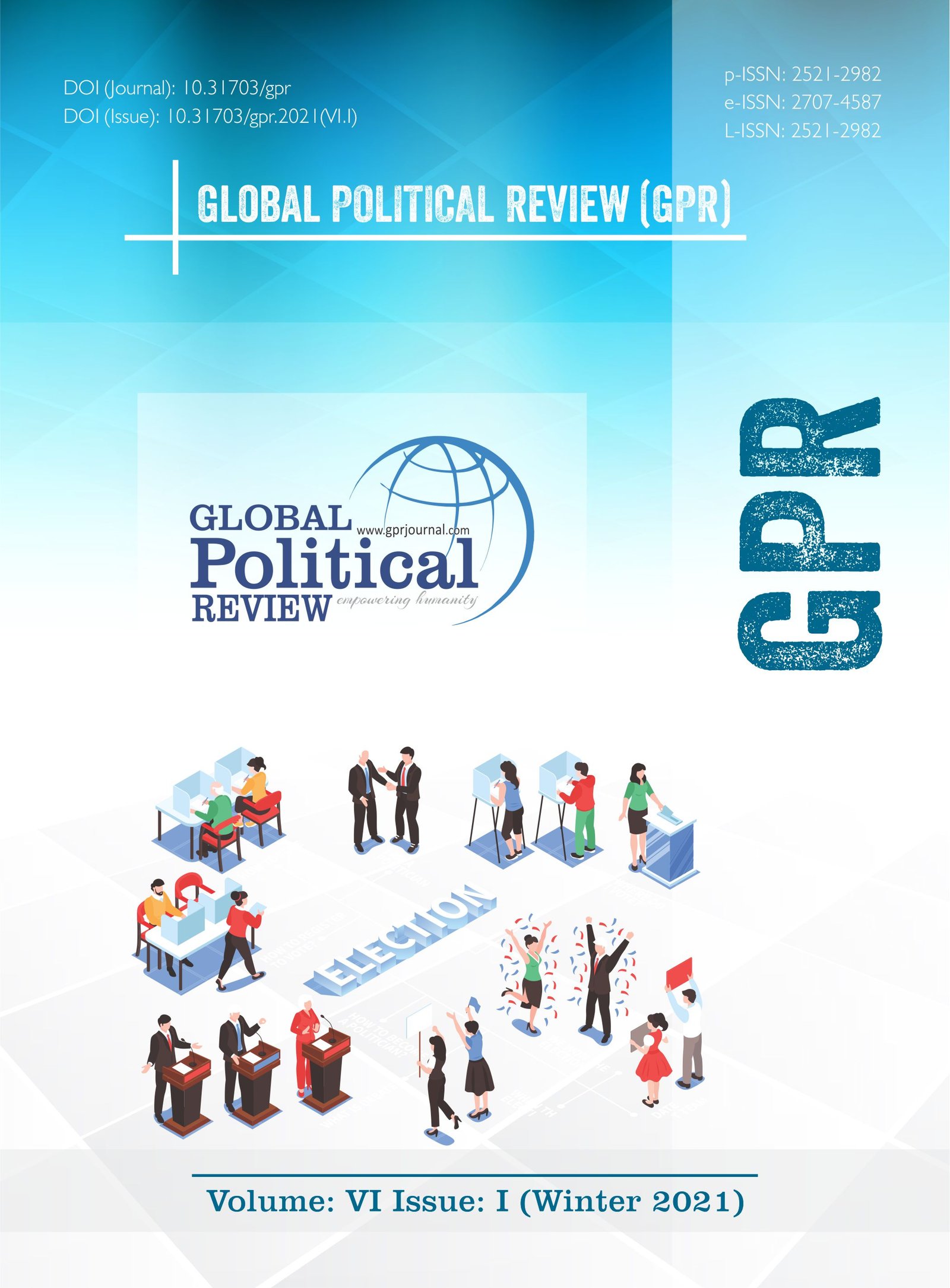 Volume VI, Issue IV (Fall 2021)
Volume VI, Issue IV (Fall 2021) 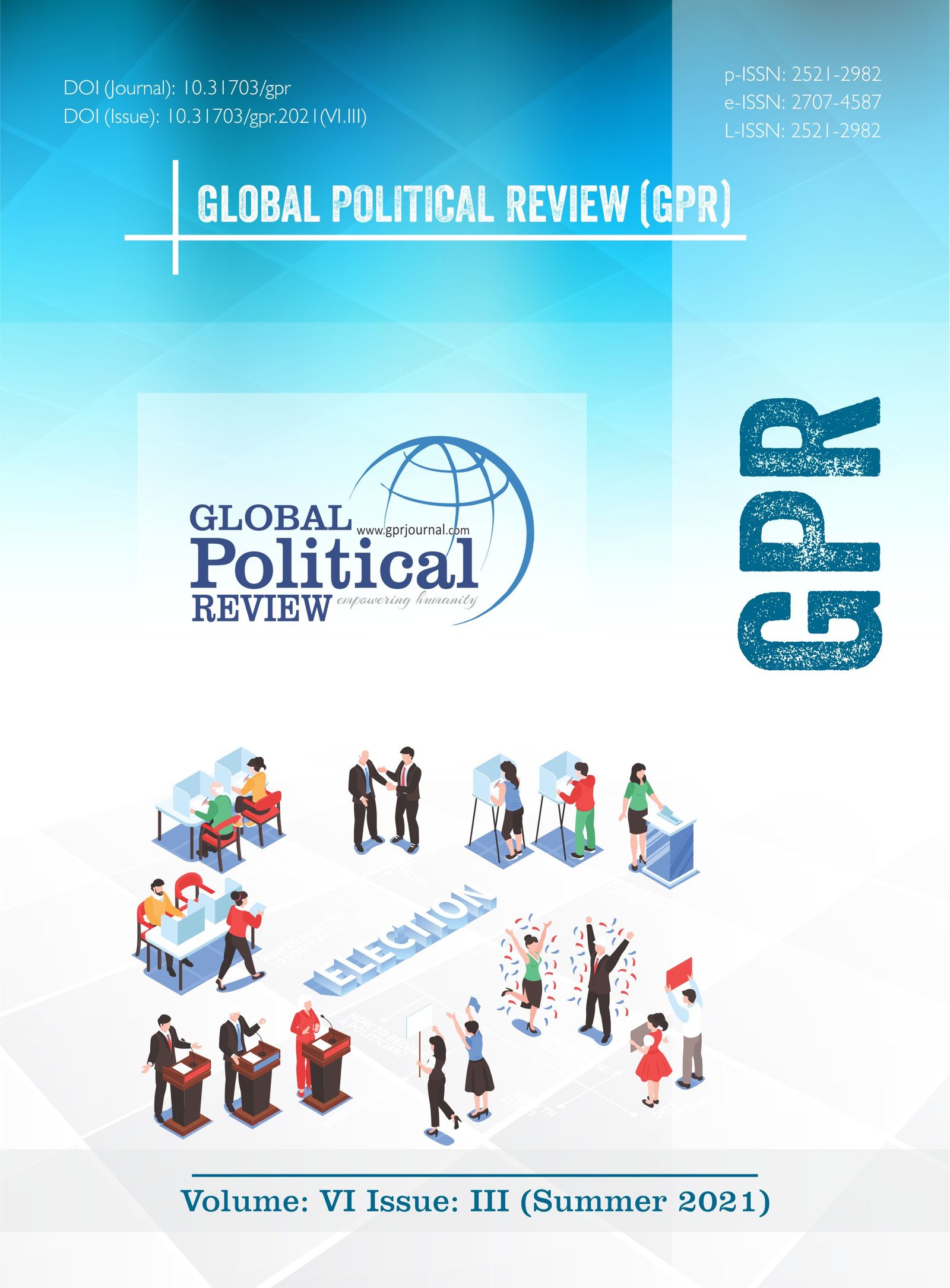 Volume VI, Issue III (Summer 2021)
Volume VI, Issue III (Summer 2021)  Volume VI, Issue II (Spring 2021)
Volume VI, Issue II (Spring 2021) 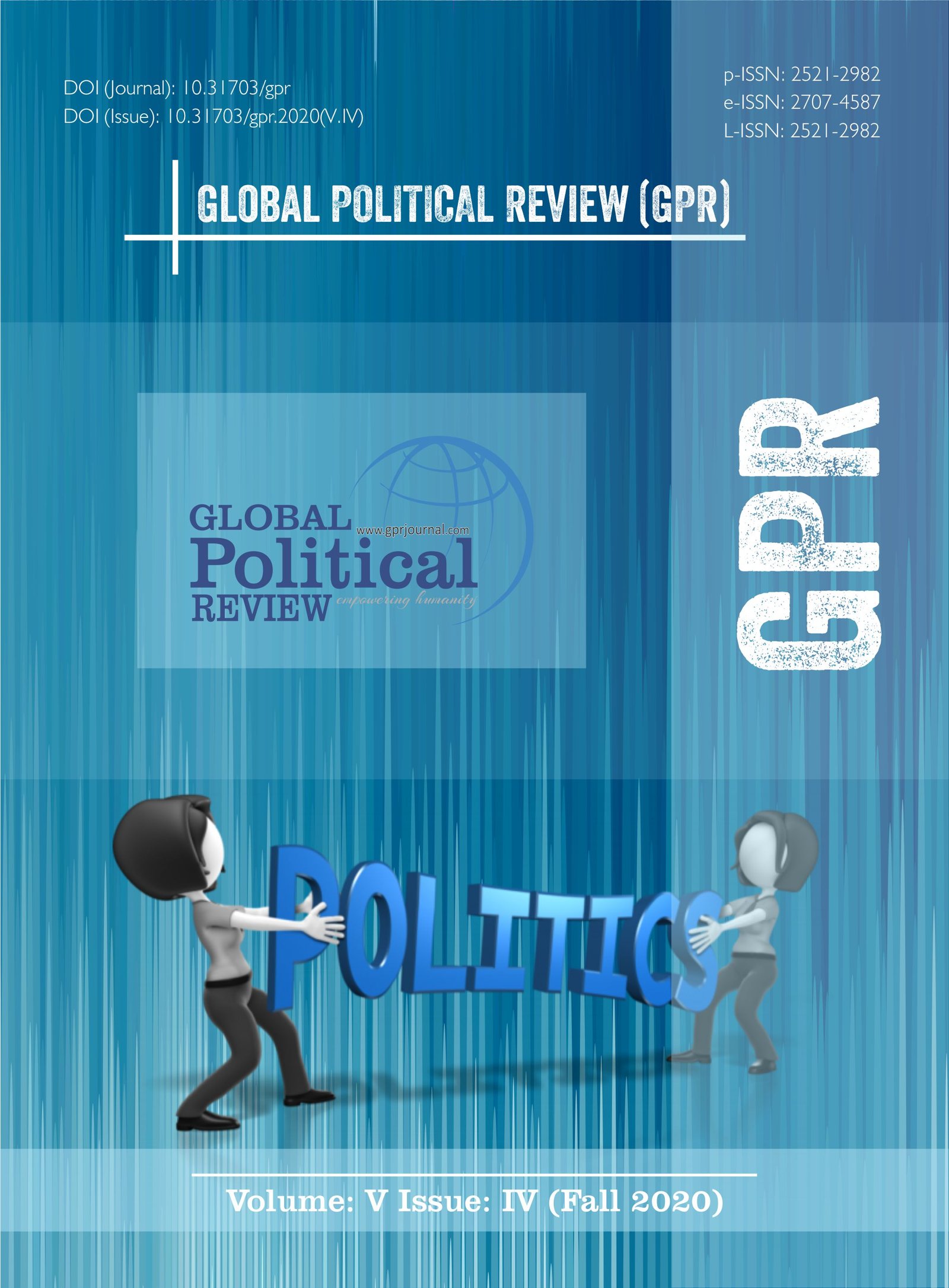 Volume V, Issue IV (Fall 2020)
Volume V, Issue IV (Fall 2020)  Volume V, Issue III (Summer 2020)
Volume V, Issue III (Summer 2020) 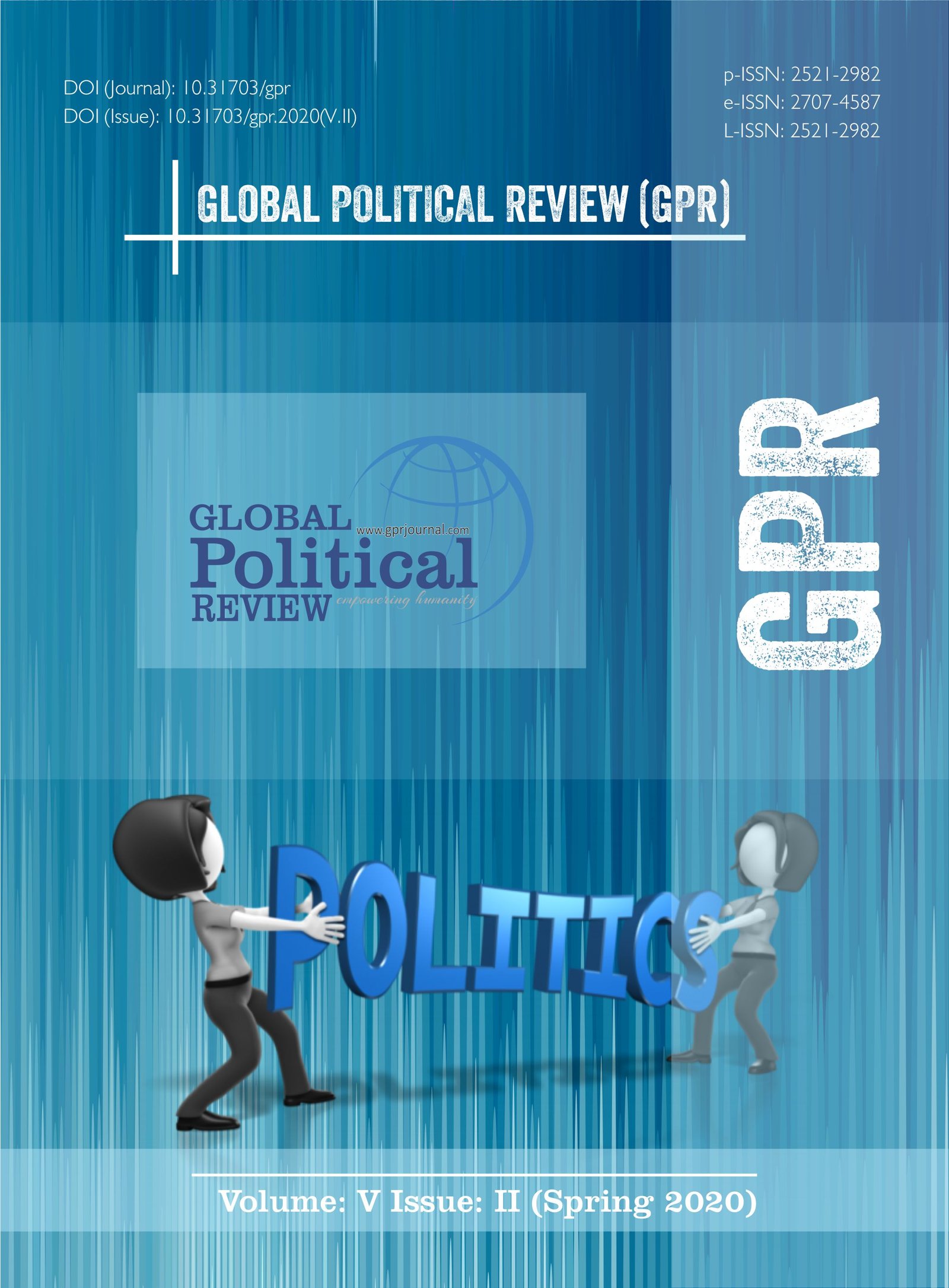 Volume V, Issue II (Spring 2020)
Volume V, Issue II (Spring 2020) 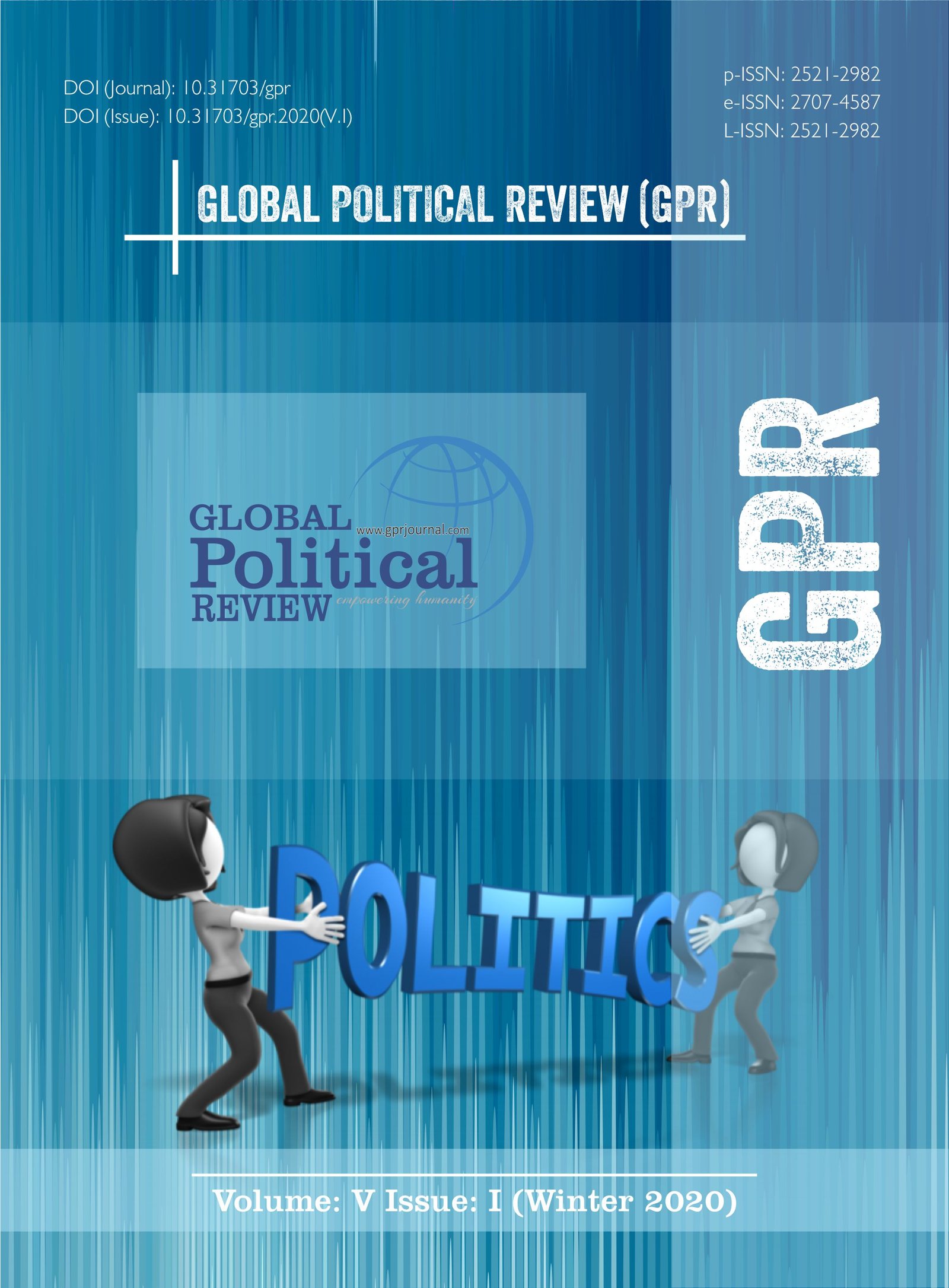 Volume V, Issue I (Winter 2020)
Volume V, Issue I (Winter 2020)  Volume IV, Issue IV (Fall 2019)
Volume IV, Issue IV (Fall 2019)  Volume IV, Issue III (Summer 2019)
Volume IV, Issue III (Summer 2019)  Volume IV, Issue II (Spring 2019)
Volume IV, Issue II (Spring 2019) 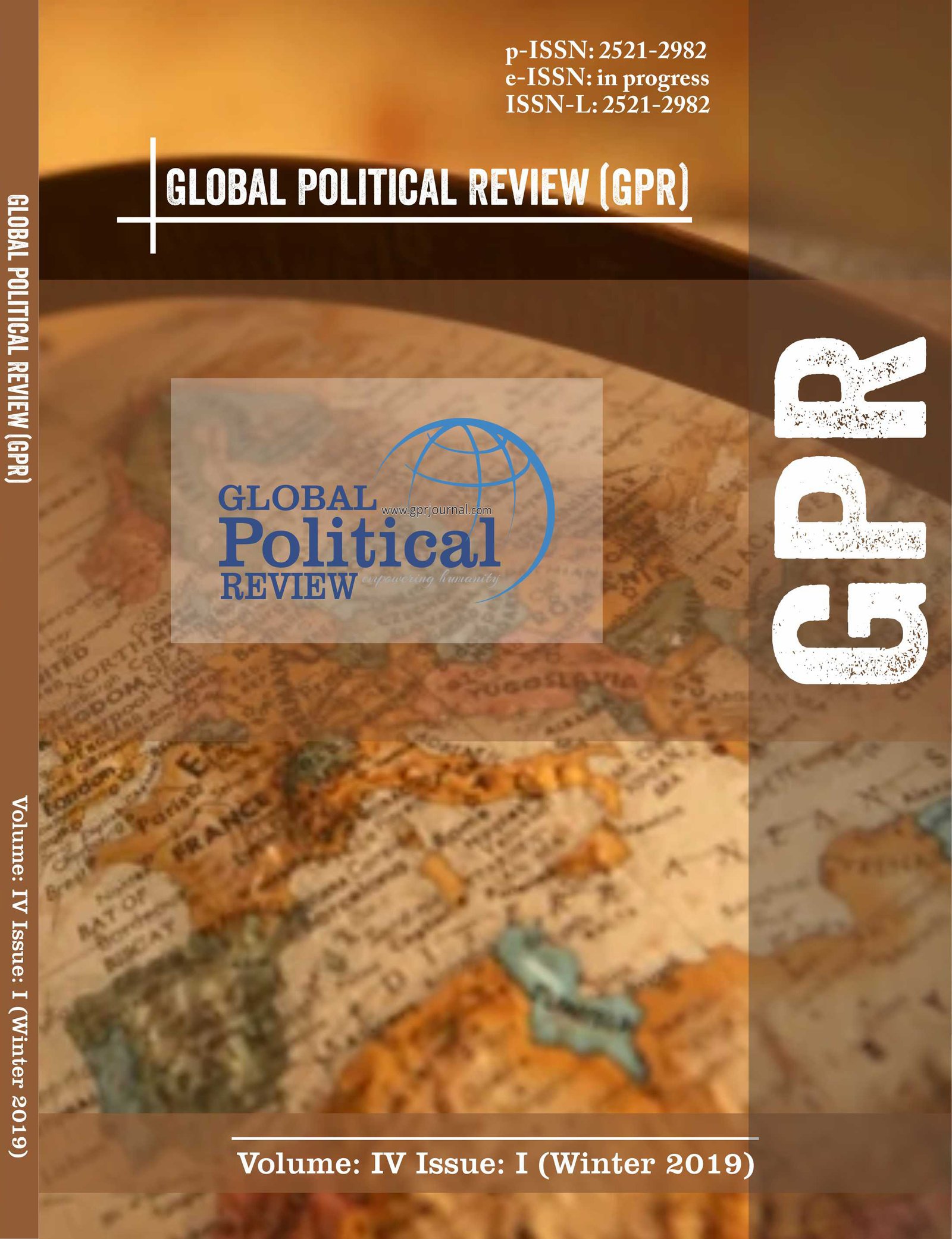 Volume IV, Issue I (Winter 2019)
Volume IV, Issue I (Winter 2019) 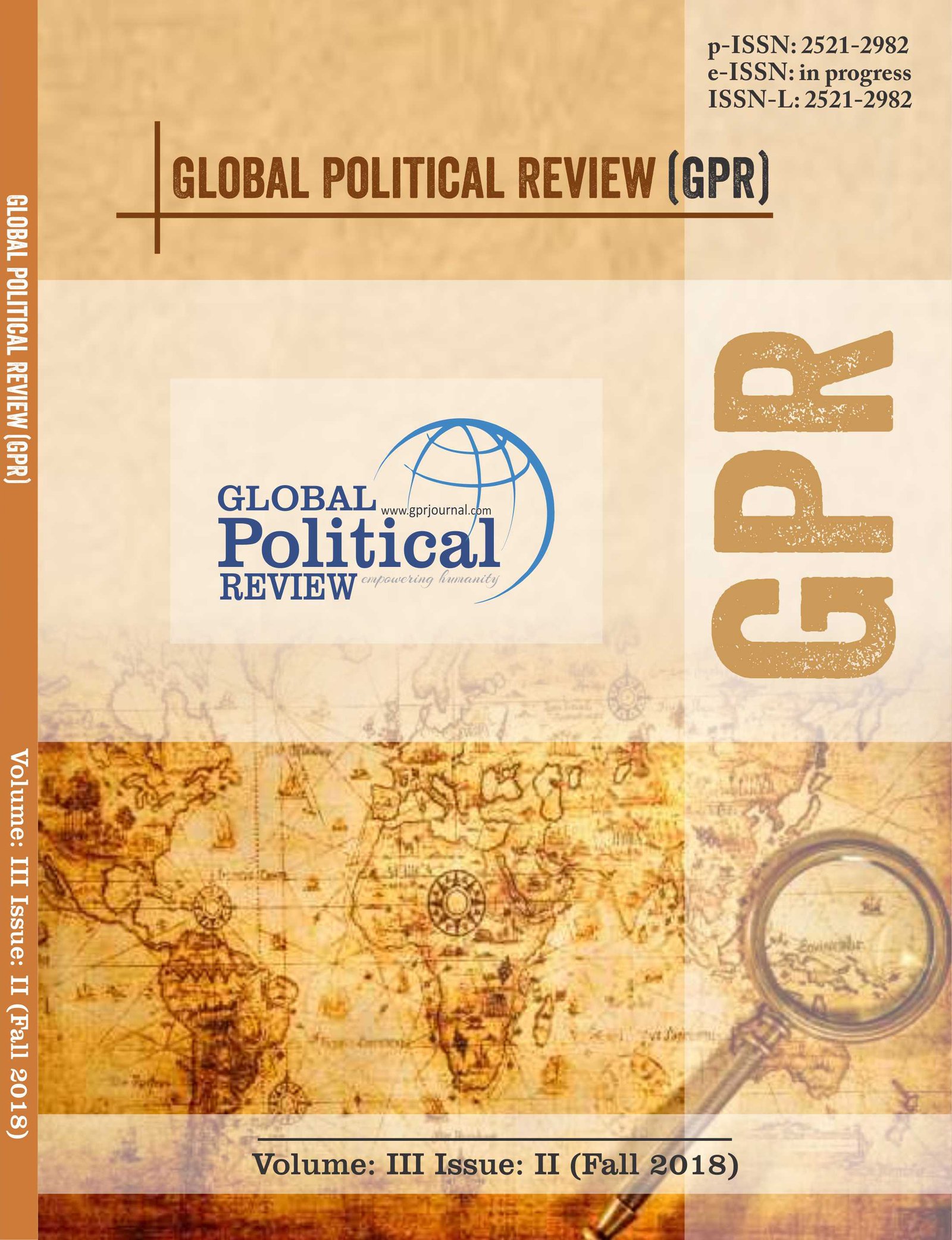 Volume III, Issue II (Fall 2018)
Volume III, Issue II (Fall 2018) 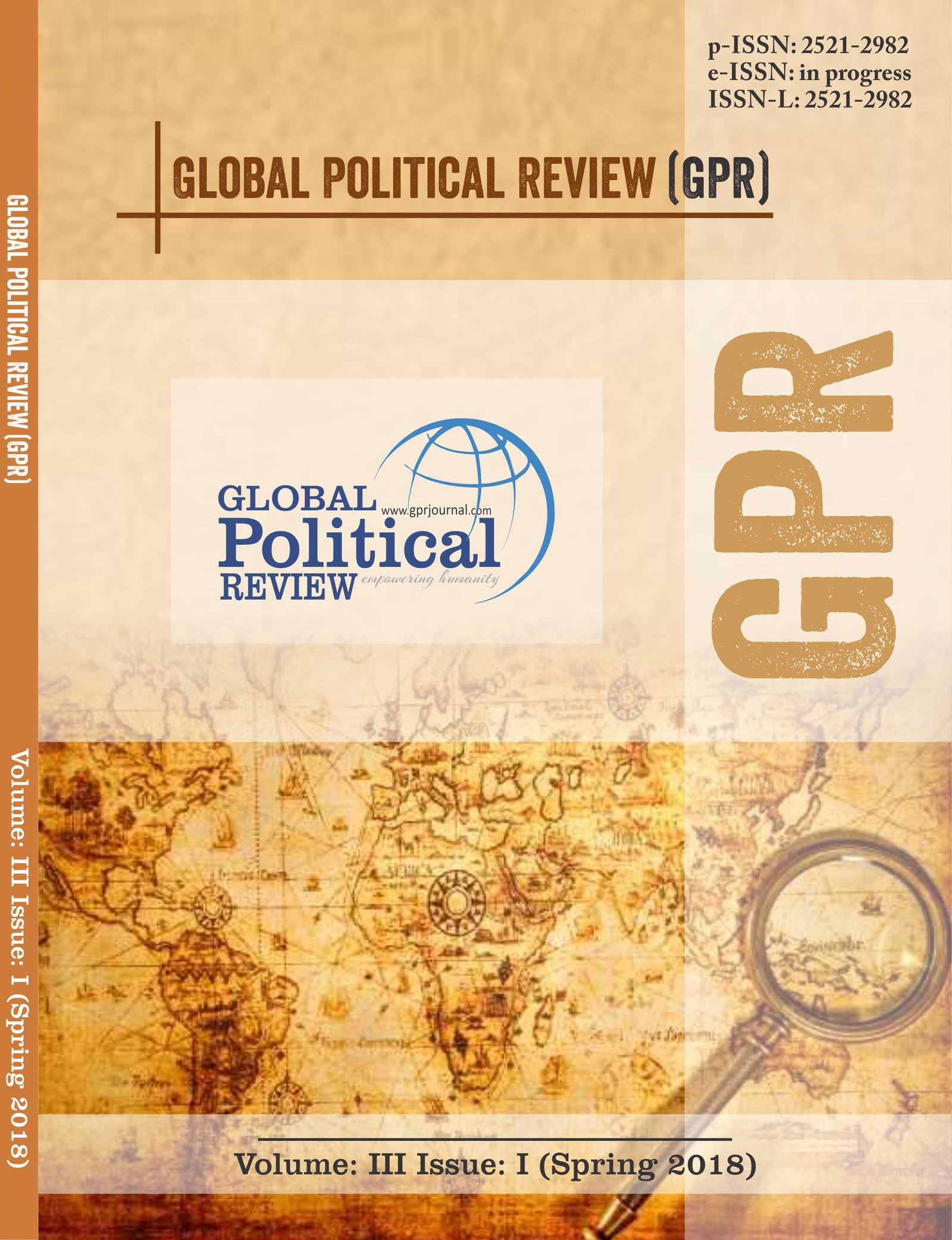 Volume III, Issue I (Spring 2018)
Volume III, Issue I (Spring 2018)  Volume II, Issue I (Fall 2017)
Volume II, Issue I (Fall 2017)  Volume I, Issue I (Fall 2016)
Volume I, Issue I (Fall 2016)